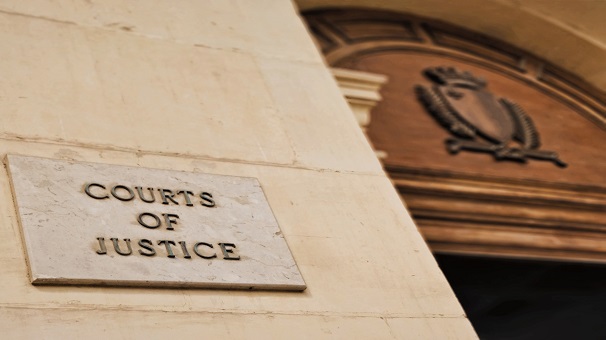Government has officially submitted its appeals against two court judgements that ordered the state to pay out €111,164,900 to the shareholders of the defunct National Bank of Malta.
The bank closed its doors in 1973, which led to the creation of Bank of Valletta by the state.
Last month, Mr Justice Joseph R. Micallef ordered the government to make the payments to shareholders after finding that they were stripped of their shares, without due compensation, therefore breaching their fundamental rights.
The claims were filed by two groups of shareholders back in 1992, where they asked the government to pay €44 million to 33 shareholders, and a further €66 million to another group of 49 shareholders.
The National Bank underwent nationalisation following a depletion of its reserves in December 1972, triggered by substantial withdrawals from state-owned enterprises by depositors. Essentially, this marked the government take over of the private bank, with shareholders left without compensation for the share transfer.
On Monday, the government justified its intervention in the National Bank, establishing a new bank, as imperative to avert an economic catastrophe, safeguard depositors’ funds, and preserve employment.
The government challenged the judgements for adopting a pessimistic outlook that essentially penalises the state coffers for preventing an economic crisis in 1973, as though the action taken by the state was unjustified.
In 1972, the state further argued, the National Bank had already registered significant losses in capital and deposits, and, by the following year, was not in a position to prevent a bank run.
Ultimately, shareholders were reluctant to inject their own capital to revive the bank, the state pointed out in its arguments. It further pointed to the impracticality of the Central Bank acting as a Lender of Last Result, and that public knowledge of the national bank requiring a Lender of Last Resort would have invariable exacerbated the bank run.
Additionally, the government highlighted that the invitation to assume control of the bank originated from the bank’s owners themselves, who sought to protect their deposits and assets within the institution.
In its plea, the government expressed dissatisfaction with the court’s reliance on a sole expert opinion while disregarding the findings of another expert, despite acknowledging the latter’s credibility. The excluded expert had concluded that the National Bank’s shares in 1973 were effectively worthless, rendering the bank insolvent.
Concluding its argument, the government asserted that the courts could have dismissed the cases due to their malicious intent.
Two years since its birth, Moneybase features on Microsoft’s Customer Stories
Moneybase has now just been featured on Microsoft’s latest Customer Stories
Finance Minister confirms continuity of food and energy subsidies
Spending on food and energy subsidies as a percentage of the GDP will be at 0.7% in 2025
MHRA congratulates Glenn Micallef on EU role, highlights positive impact on Malta’s tourism and cultural sectors
The lobby group emphasised that Malta’s cultural assets and sports scene are key factors in attracting visitors and fostering economic ...






